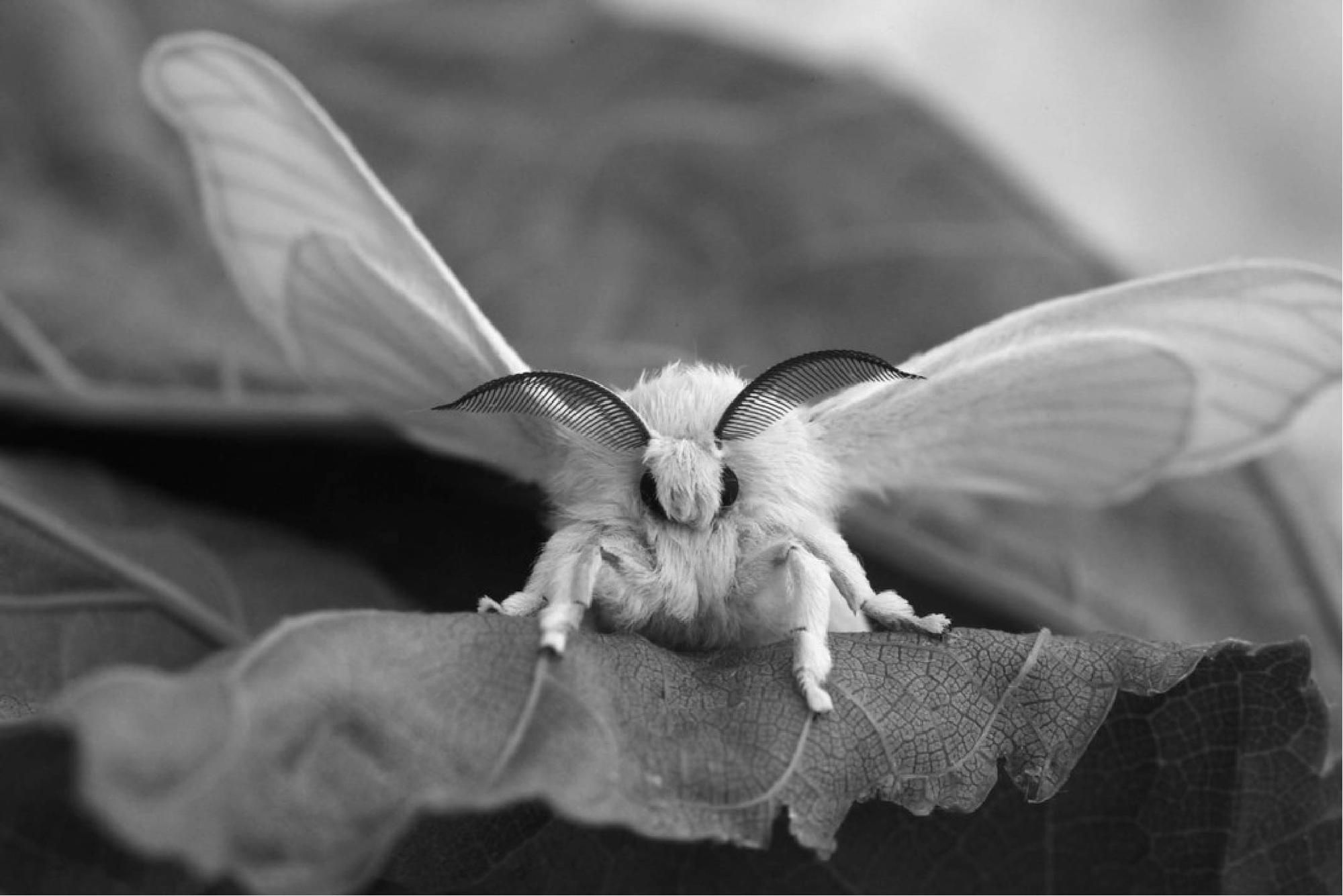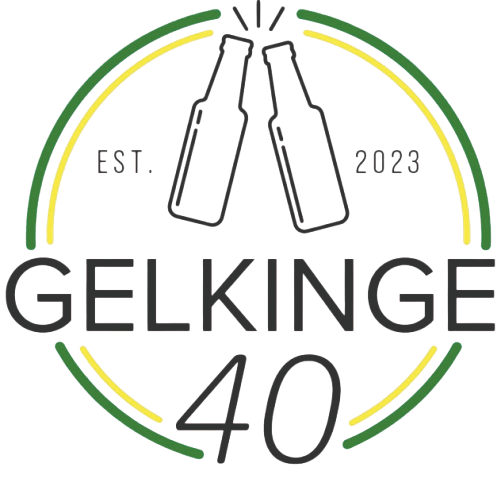A depressing thought; we burn through almost twice the amount of resources each year than that Earth can deliver in renewables. For a successful transition away from a hydrocarbon-based economy, the products derived from fossil fuels need to be replaced by renewable alternatives. What makes the transition so difficult is our ubiquitous use of plastic; it is everywhere and can be tailor-made for almost any purpose.
Novel production methods need to be developed that can compete with the scale and quality of current methods. A seemingly impossible task. A task that can be made more bearable with the use of genetic modification. Using modified silkworms for the mass production of spider silk is a recent example of this.
Previous production methods for spider silk were expensive and struggled with maintaining its quality; spiders apply a layer of glycoprotein on the silk that enables it to withstand humidity and light exposure. Amazingly, when silkworms produce spider silk, a similar protective coating is applied. With this high-quality and scalable silkworm spider silk, synthetic fibers like nylon and Kevlar are one step closer to being replaced. A step on the road to a world less reliant on non-renewables.






